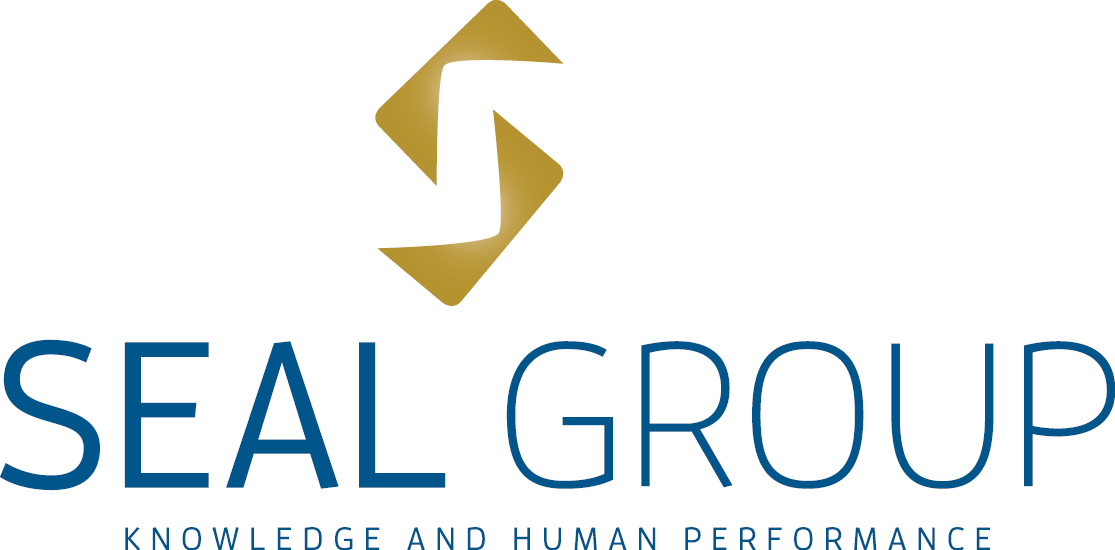The sublime art of saying “No” at work!
In the modern workplace, many professionals often find themselves performing tasks that go beyond their described responsibilities. Knowing how to refuse requests for extra work effectively and appropriately is an essential skill for managing time, maintaining a work-life balance and ensuring productivity.

image: Freepik
When faced with an additional request, it is crucial to communicate clearly and directly. Explain the reasons why you can’t take on the task, focusing on your current responsibilities and existing workload. A well-structured response helps to avoid misunderstandings and demonstrates professionalism. For example, instead of simply refusing, propose alternatives that could help solve the problem. This shows that you are willing to collaborate and find solutions, even if you can’t take on the task directly. You could suggest identifying someone else in the team who can do this.
Proactive management of time and responsibilities is equally important. Keeping an up-to-date and transparent calendar that can be shared with colleagues and supervisors clearly demonstrates your workload. This practice allows everyone to be aware of your priorities, making it easier to negotiate new tasks. In these situations, it can be useful to discuss your priorities and responsibilities with your supervisor, allowing for a joint reassessment of the most urgent tasks. This kind of open communication helps to avoid misunderstandings and work overload.
Focus on the quality of the work you produce, rather than the quantity of tasks you take on. Taking on additional tasks can compromise the quality of the final work, which is not beneficial for anyone involved. Explaining this perspective can help your colleagues and superiors better understand your position. Furthermore, if you are in a leadership position, effective delegation is a powerful tool. Identifying team members who can take on additional tasks and offering the necessary guidance can lighten your workload, while promoting the development of others.
Negotiation is also a valuable art in the workplace. Use it to reach an agreement that works for both parties, without compromising your workload or well-being. Being willing to help with a task, but negotiating extended deadlines or additional support, demonstrates flexibility and a willingness to collaborate, without sacrificing the quality of your work or your personal balance.

image: timewatch
Note: According to a timewatch study, better time management has the main benefits of reducing work stress and increasing productivity, among others.
Refusing extra work can be uncomfortable, but it’s important to stand firm in your decisions, always politely and respectfully. Assertiveness helps to set clear boundaries and avoid future overloads. Thanking people for their trust in you, but politely explaining that you can’t accept any more responsibilities at the moment, is a balanced approach that protects your professional integrity and the quality of your work.
Finally, align requests for extra work with your professional development goals. If a task doesn’t contribute to your growth or career goals, it’s perfectly acceptable to turn it down. Focusing on areas that are essential to your professional development and prioritizing these tasks guarantees your long-term progress and satisfaction.
Knowing how to say “no” effectively is a crucial skill in the workplace. By communicating clearly, offering alternatives and negotiating deadlines, you can manage your workload more efficiently, guaranteeing both your well-being and the quality of the work you produce, and above all, better manage your time and schedule.
Article by Sérgio Almeida, in partnership with Vida Económica




